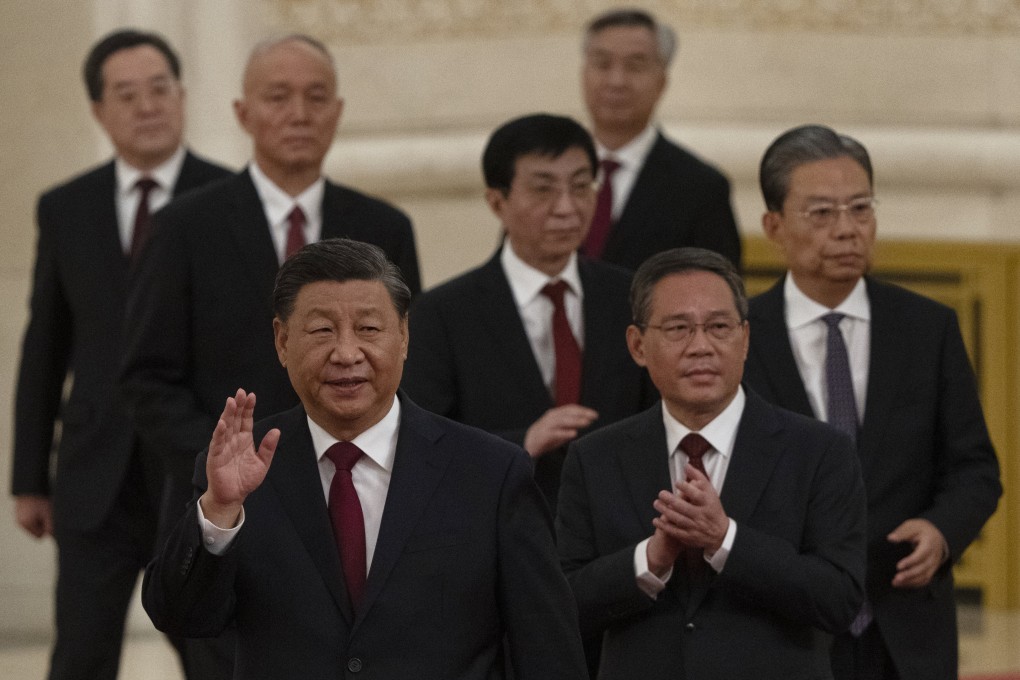Advertisement
Opinion | China’s economic rise is in part thanks to its political elites
- Western observers tend to attribute China’s rapid growth to market reforms, but this downplays the crucial role of the state as a driver of economic success
- China’s trajectory highlights the power of a capable, dynamic political elite to drive prosperity
Reading Time:3 minutes
Why you can trust SCMP

When Western economists and historians analyse China’s spectacular economic transformation over the past four decades, they tend to emphasise the productivity boom unleashed by the start of market-oriented reforms in 1978. But the role of the country’s political elite as a key driver of its emergence as an economic power has remained under-examined.
Advertisement
This is partly because it is hard to measure the contribution of political elites to a country’s economic development.
Fortunately, a new study by Tomas Casas i Klett and Guido Cozzi from the University of St Gallen provides a useful conceptual framework for understanding the Chinese economic model. Casas and Cozzi developed the annual Elite Quality Index (EQx), which measures and ranks the value that national elites create for a country.
Much like other East Asian countries, China has relied on strong state capacity and an effective bureaucracy to foster and coordinate economic development. In the most recent Elite Quality Index, the country ranks 27th (out of 151), the highest score among upper-middle-income economies. In the study’s political power index, which measures national elites’ influence over business regulation, rule-making, and labour law, China ranked 60th.
While Chinese elites maintain a tight grip on state institutions, the index clearly recognises their enormous contribution to China’s economic development. In terms of elites’ role in income redistribution and in public security and welfare, China ranked sixth and ninth, respectively. While the report finds that elites create value for Chinese society in the political domain, China ranked 32nd in elites’ contribution to markets and economic growth.
Advertisement
Mainstream economic theory prevalent in the West cannot explain China’s unique growth model. China’s combination of markets and industrial policy has confounded Western observers, who overemphasise the state’s extractive tendencies and downplay its nourishing role. But the report highlights the Chinese state’s function as a driver of economic dynamism and success.

Advertisement
